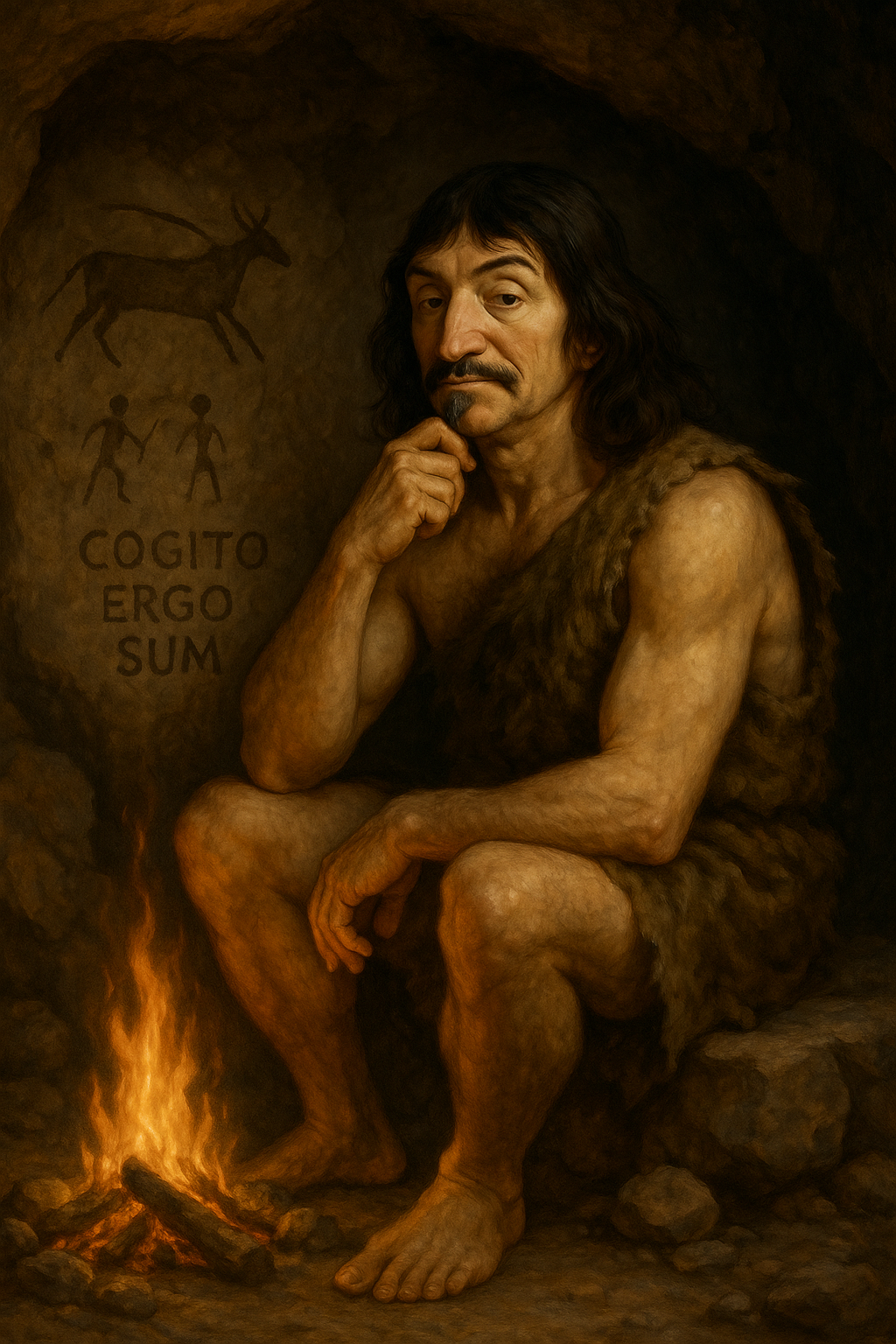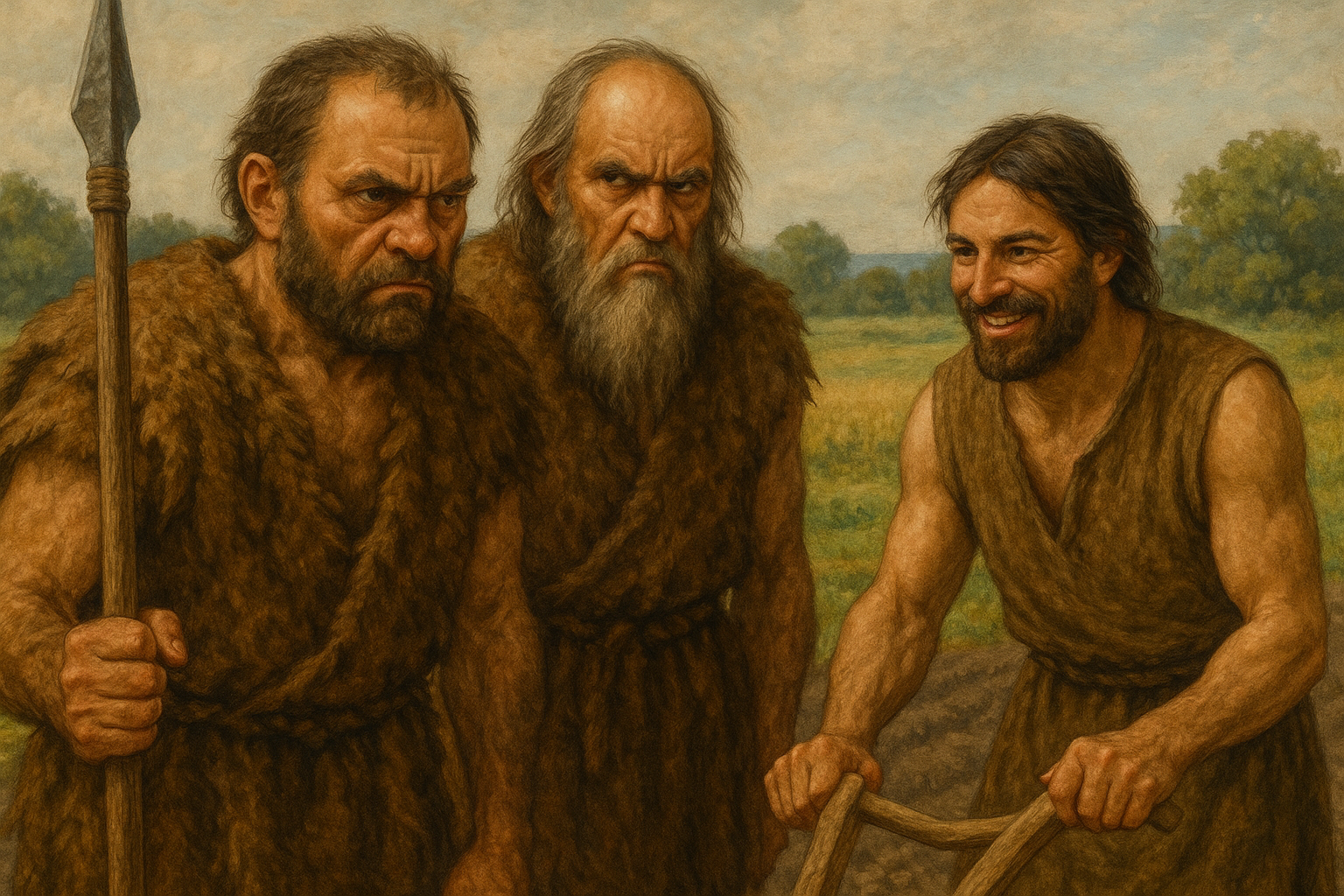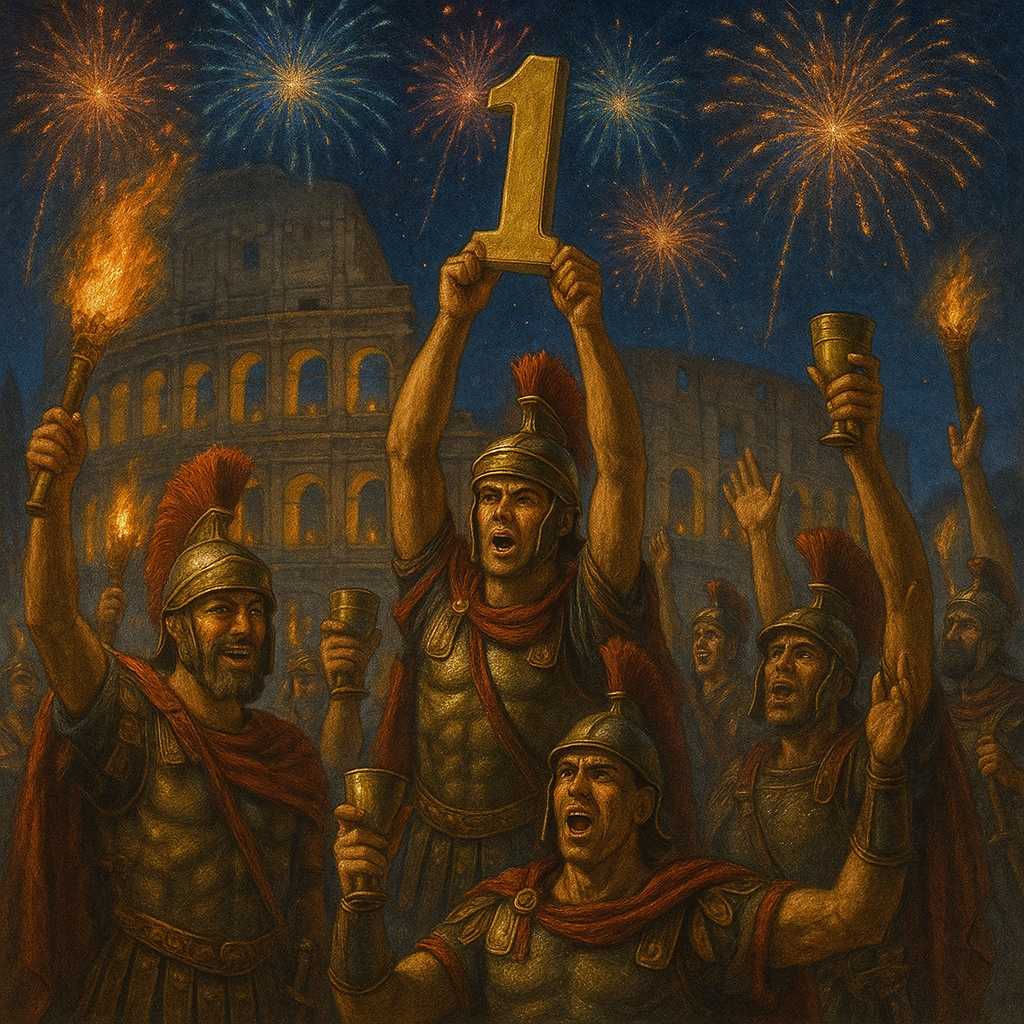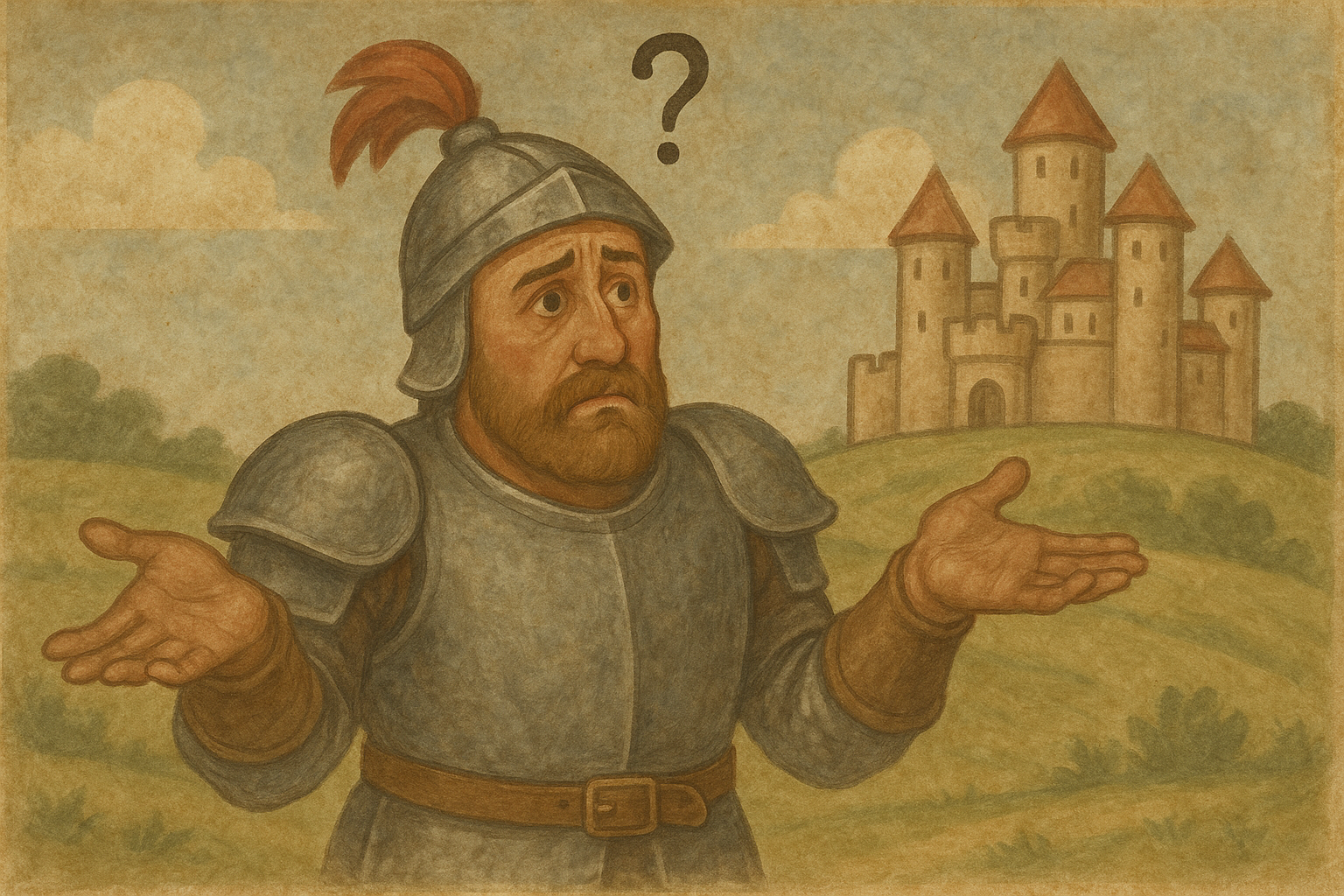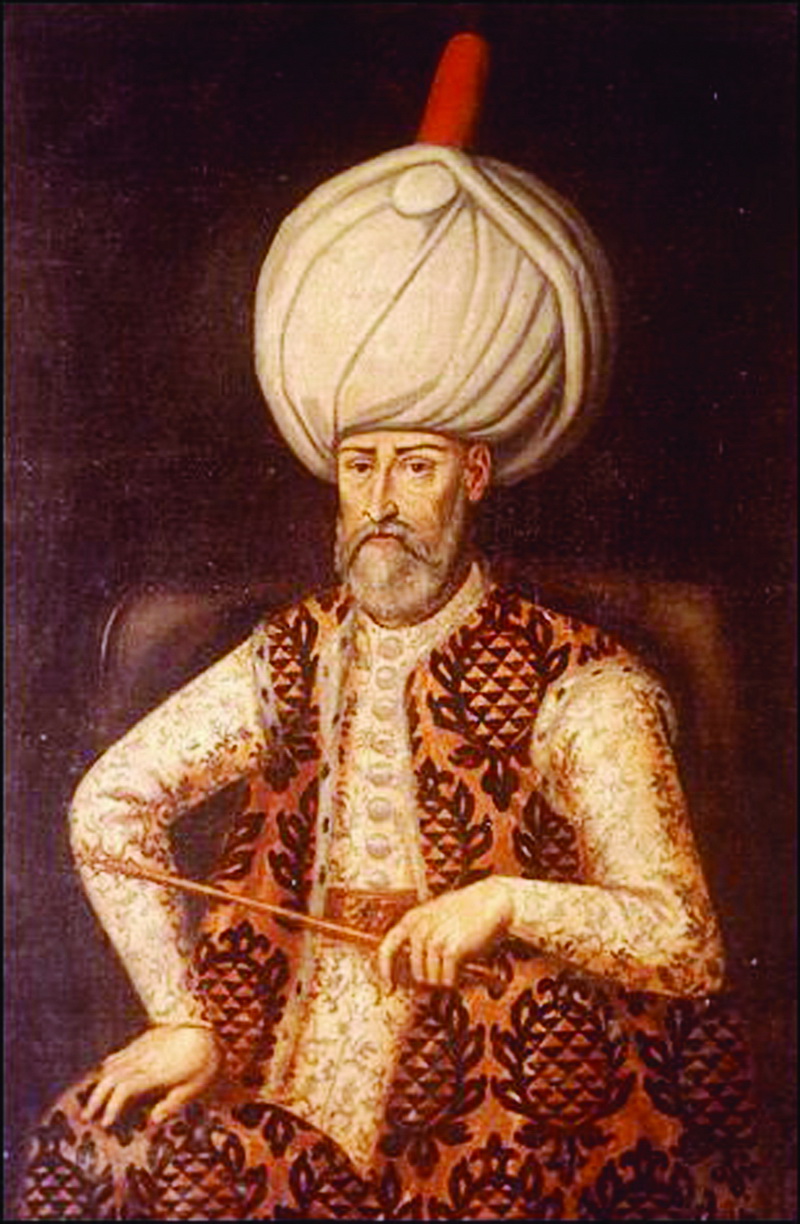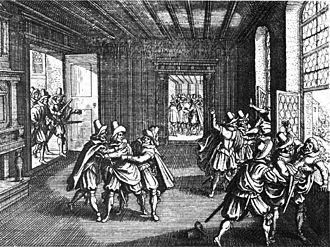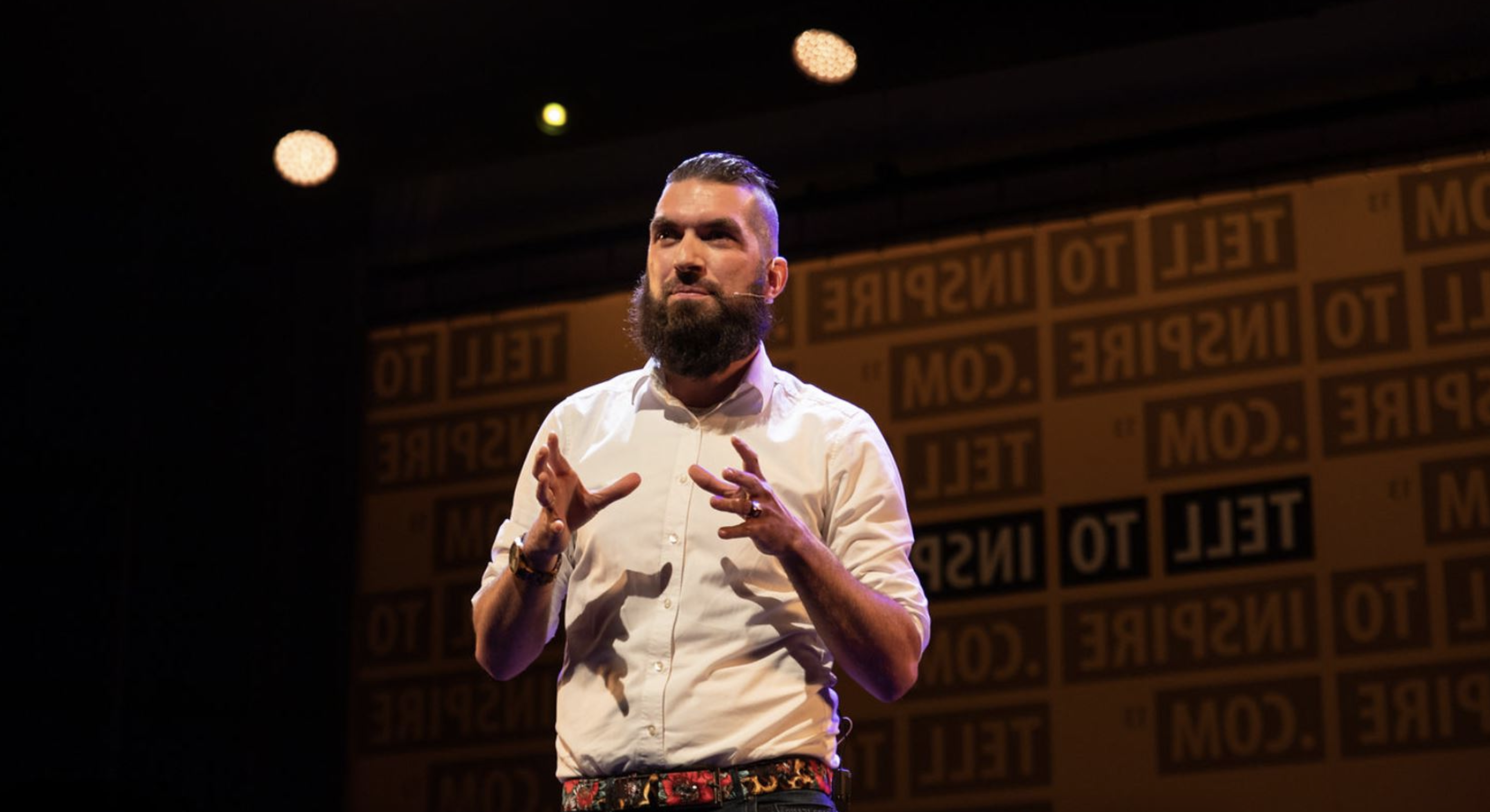First humanoids on earth
We are not the first great apes on this earth, and certainly not the longest-lived great apes of our prehistory. All these humanoids have been given outlandishly fancy names by scientists of the modern world. If you manage to pronounce them all in perfect succession, you may send me a recording of it for 15% discount on your next booking.
The oldest ape-man we know of was Sahelanthropus tchadensis (or, “monkey from the Sahel of Chad”). These humanoids lived possibly one million years before eventually disappearing.
Then came, “in order of appearence”: Australopithecus Afarensis (4 million BC), Homo Habilis (2 million BC), Homo Rudolfensis (2 million BC) and Homo Erectus (1.5 million BC).
One thing you must understand, these humanoids were not separate species that existed apart from eachother. These were fluid species that you and I would not be able to tell apart. It is our scholars that have divided them into binary groups.

